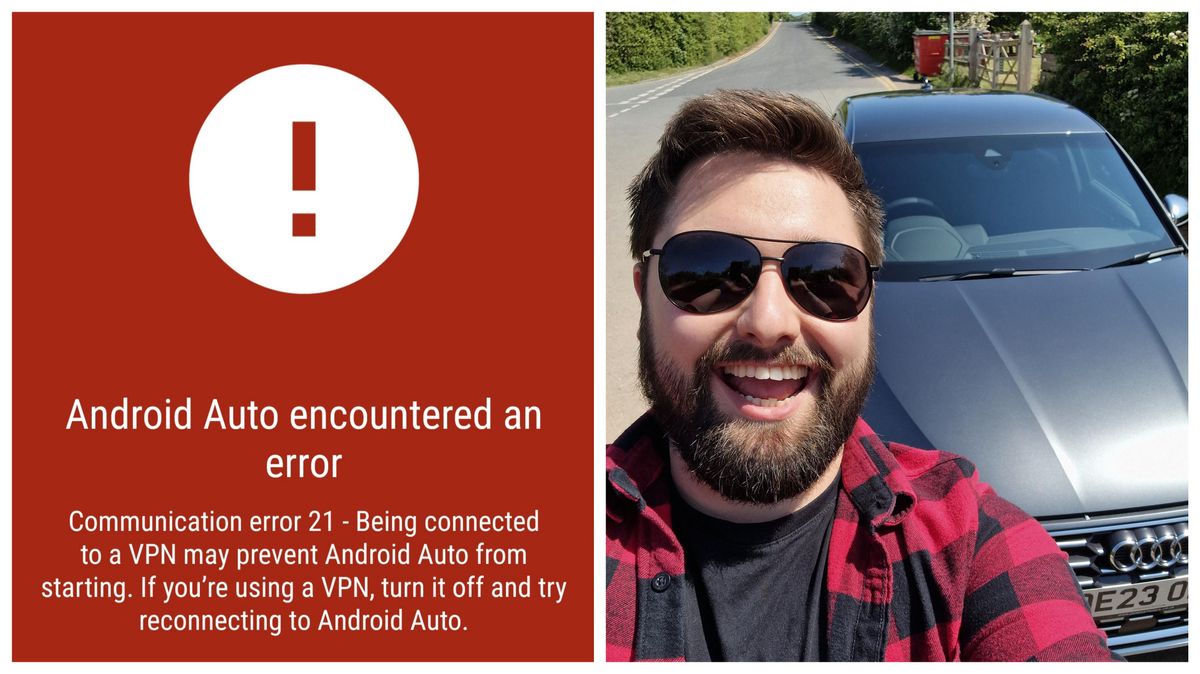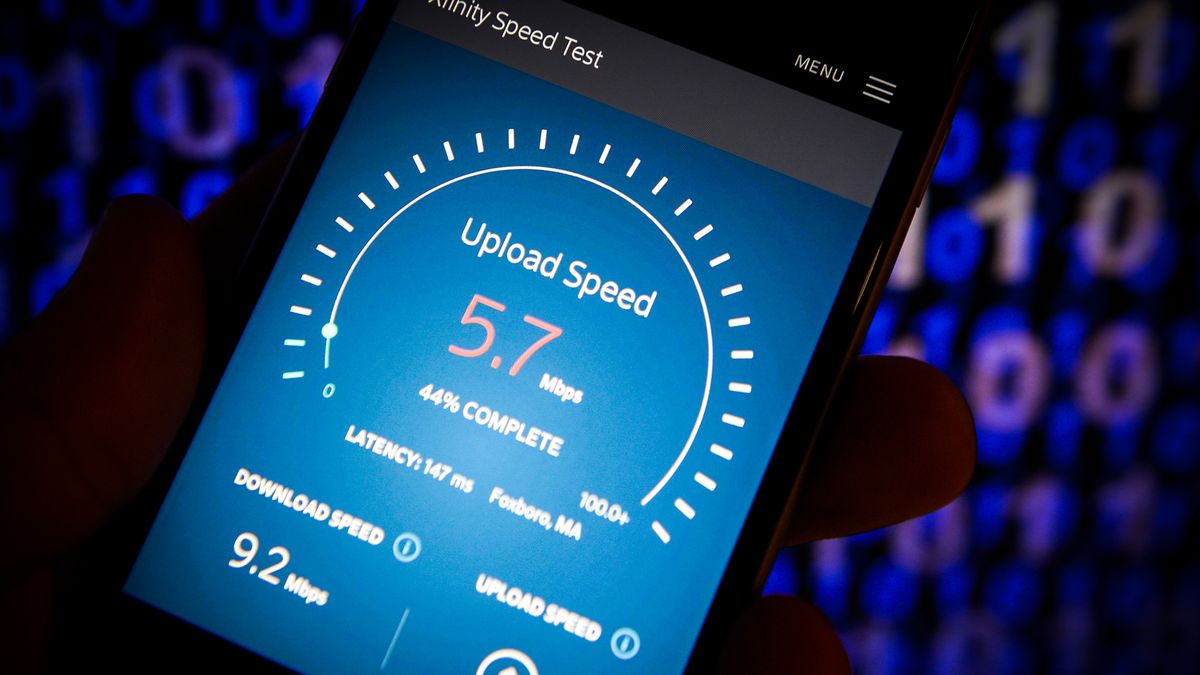OpenAI CEO Sam Altman shared in a post on X this week that the company is partnering with the US AI Safety Institute and will give the government agency early access to its next major AI model for safety testing.
Altman described the plan as part of a broader new push for AI safety measures, which could significantly impact ChatGPT and other OpenAI products in the coming years. It could also be part of a public relations and policy push against critics who say OpenAI is no longer prioritizing AI safety.
One of the main reasons for the criticism is that OpenAI created and then largely disbanded an internal AI security team. The disbandment led to the resignation of senior company executives such as Jan Leike and Ilya Sutskever, who had been instrumental in the company’s early security research efforts. Many other current and former employees publicly questioned whether OpenAI had decided to ignore security in favor of product development.
Another reason is highlighted in a note attached directly to Altman’s post. It mentions that last year it committed to allocating 20% of its computing resources to security research, but that allocation at the time was specifically for the same committee whose leaders left the company. The government deal isn’t the only genuine change, though. Altman said OpenAI has now rescinded restrictive non-disparagement clauses that discouraged whistleblowing.
If the deal with the US AI Safety Institute is a strategic move by OpenAI to regain trust, it is a significant one. The Institute operates under the National Institute of Standards and Technology (NIST) within the Department of Commerce. It has been working on developing standards and guidelines for AI safety and is already working with many major AI and technology companies such as Microsoft, Google, Meta, Apple and Nvidia.
OpenAI’s sharing of early access to its next AI model will allow the Institute to conduct safety testing and assessments prior to its public release. This move is intended to ensure potential risks are identified and mitigated early in the development process, in line with the broader goals outlined in President Joe Biden’s executive order on AI last year.
It’s not the only regulatory push from OpenAI in recent days. The company backed the Senate’s new Future of Innovation Act, which would give the AI Safety Institute responsibility for creating federal regulations for AI safety. The obvious connection between pushing the bill and making its models central to the Institute’s work could be seen as an attempt to unduly influence regulation or a more innocent, widespread effort to increase AI safety.
Both possibilities seem plausible, and OpenAI has a similar partnership with the UK’s AI safety body. Moreover, OpenAI has spent more than three times as much on lobbying activities in the first half of this year compared to all of last year.
Safe and profitable, both?
OpenAI’s partnership with the US-based AI Safety Institute will likely be judged on how safe the models to be used actually are, and whether there are any real restrictions in place to make them safer. That’s where the real question lies for consumers. As AI becomes more embedded in everyday life, the tension between safety and cost-effectiveness could grow, even as OpenAI and its rivals hope to win the public’s trust in them and their AI models.
Certainly, a stamp of approval from a government agency would help build trust, and OpenAI wouldn’t want other companies to get it before them. Involving an independent safety body in evaluating AI models before they’re released could provide further assurance that the tools they use are safe and trustworthy. Growing concerns around AI issues like data privacy, bias, and deliberate misuse of AI could be mitigated with a proactive approach. OpenAI’s lobbying and other efforts to get those standards in its favor could undermine that and the very goal of the AI Safety Institute if they’re not careful.









